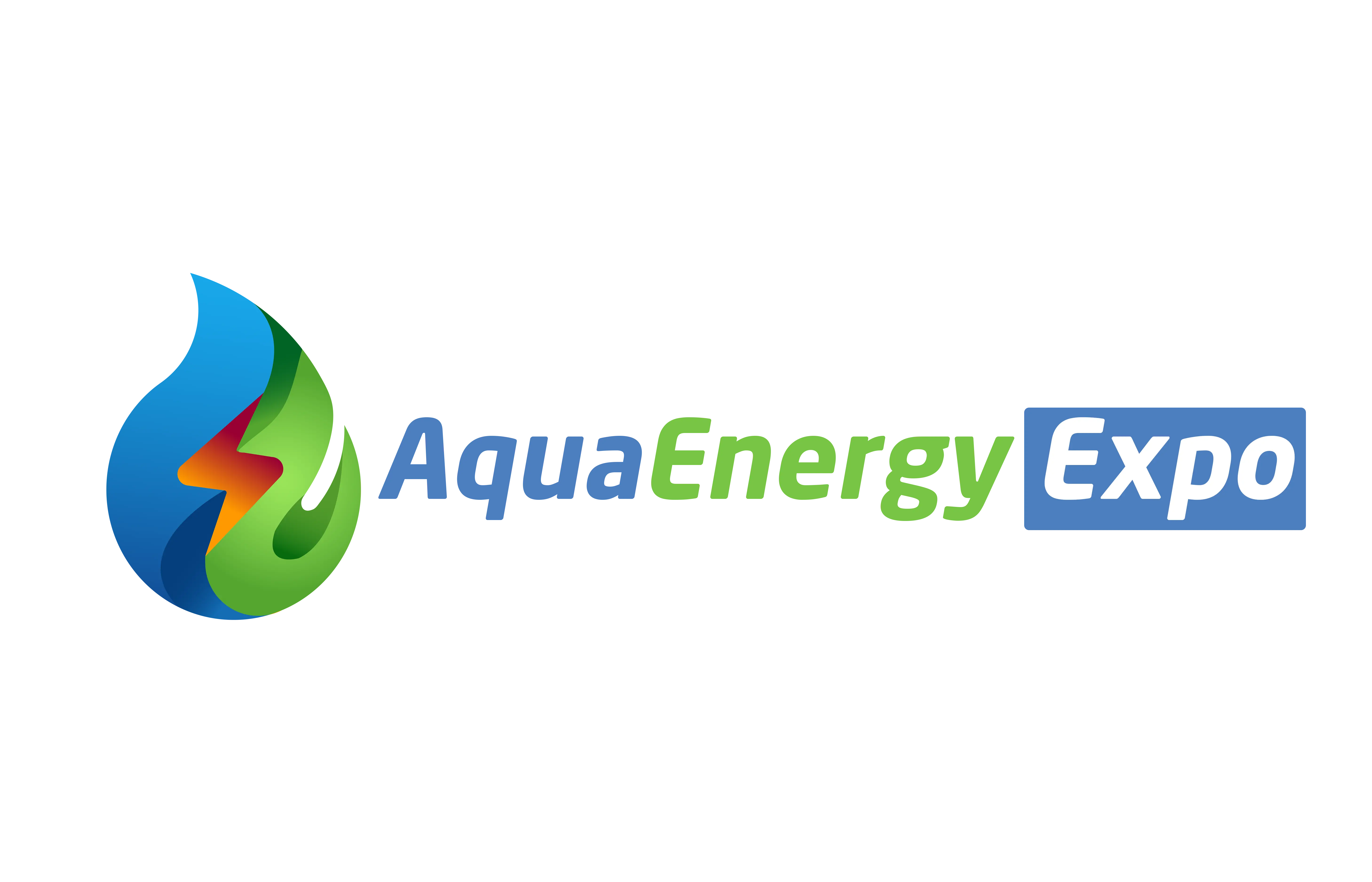
Ofwat proposes £100M Water Efficiency Fund to promote more sustainable water use
Ofwat has released its second public consultation on a £100m Water Efficiency Fund (WEF) aimed at helping people reduce their water usage and save money on their bills over a five-year period.
The WEF is scheduled to launch in 2025 and will run alongside planned initiatives by water companies in England and Wales to cut leakage in half and develop up to £14bn of water supply infrastructure projects in the coming years.
Current estimates indicate that England and Wales will require an additional 4 billion litres of water per day by 2050, representing about 25% of the current water supply.
The WEF will primarily focus on a behavior change campaign to promote sustainability and encourage competition to identify the best innovations and initiatives, all in a concerted effort to provide people with the necessary tools to achieve cost savings and better protect the environment.
The WEF will result in an average cost of 62p per year for billpayers.
Paul Hickey, Senior Director at Ofwat, stated: “In order to secure long-term access to affordable and resilient water supplies, we need to address three key areas: reducing wastage, increasing supply, and decreasing demand.
Companies are aware of the need to tackle waste and have been given a target to cut leakage in half.
In terms of supply, we are making significant progress with multi-billion-pound projects to introduce new water sources, including the construction of several new reservoirs.
“The final piece of the puzzle is reducing demand. Under the government’s Environmental Improvement Plan, our goal is to achieve a consumption target of 110 litres of water per person per day, down from the current average of about 146 litres per person per day.”
The WEF is set to go live in 2025 and will operate alongside planned work by water companies in England and Wales to halve leakage and develop up to £14bn of water supply infrastructure projects in the coming decades
“We have seen customers in England and Wales increasingly want to make environmentally conscious choices, and we want to empower them to be able to do that.”
The Water Efficiency Framework (WEF) aims to foster cooperation and creativity among water companies, regulators, and different industries.
Ofwat’s goal is to prioritize water efficiency alongside energy efficiency and other sustainability issues, promote its effective use, enhance understanding, and eliminate obstacles to help water companies fulfill their obligations.
Reducing water consumption will decrease the amount of water extracted from rivers and aquifers, which can impact delicate ecosystems, enhance resilience to drought, and lower the risk of supply disruptions.
It will also assist in meeting the needs of a growing population and adapting to shifting water availability caused by the effects of climate change.
The effects of climate change are evident in longer, hotter periods of weather and more intense rainfall that runs off the land.
The current consultation outlines the proposed operation of the WEF and seeks input on a variety of related issues from all stakeholders to guide its development.
The consultation period ends on June 25. A final approach will be presented later in 2024, with the expectation that the WEF will be operational in 2025.
Source Ofwat

